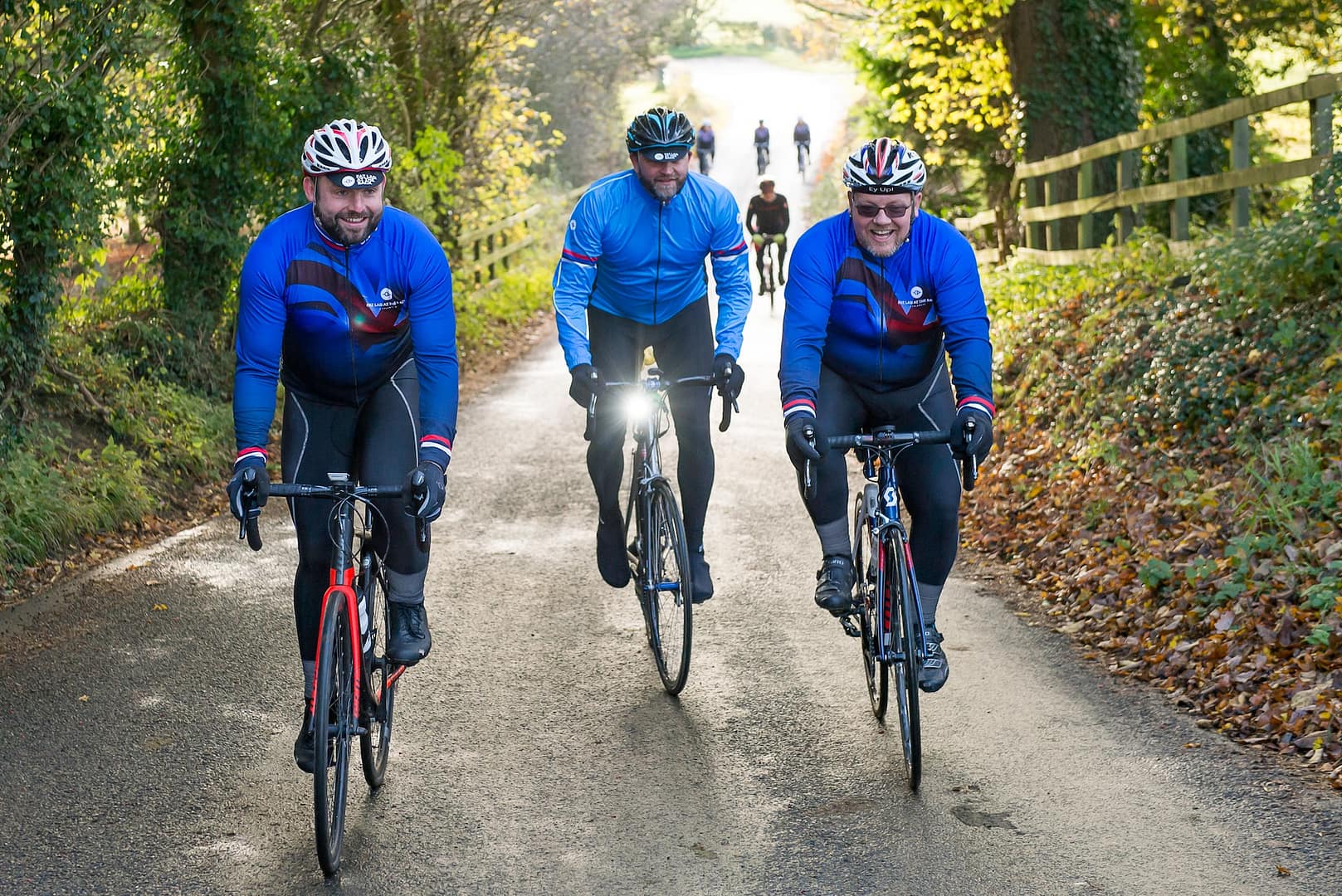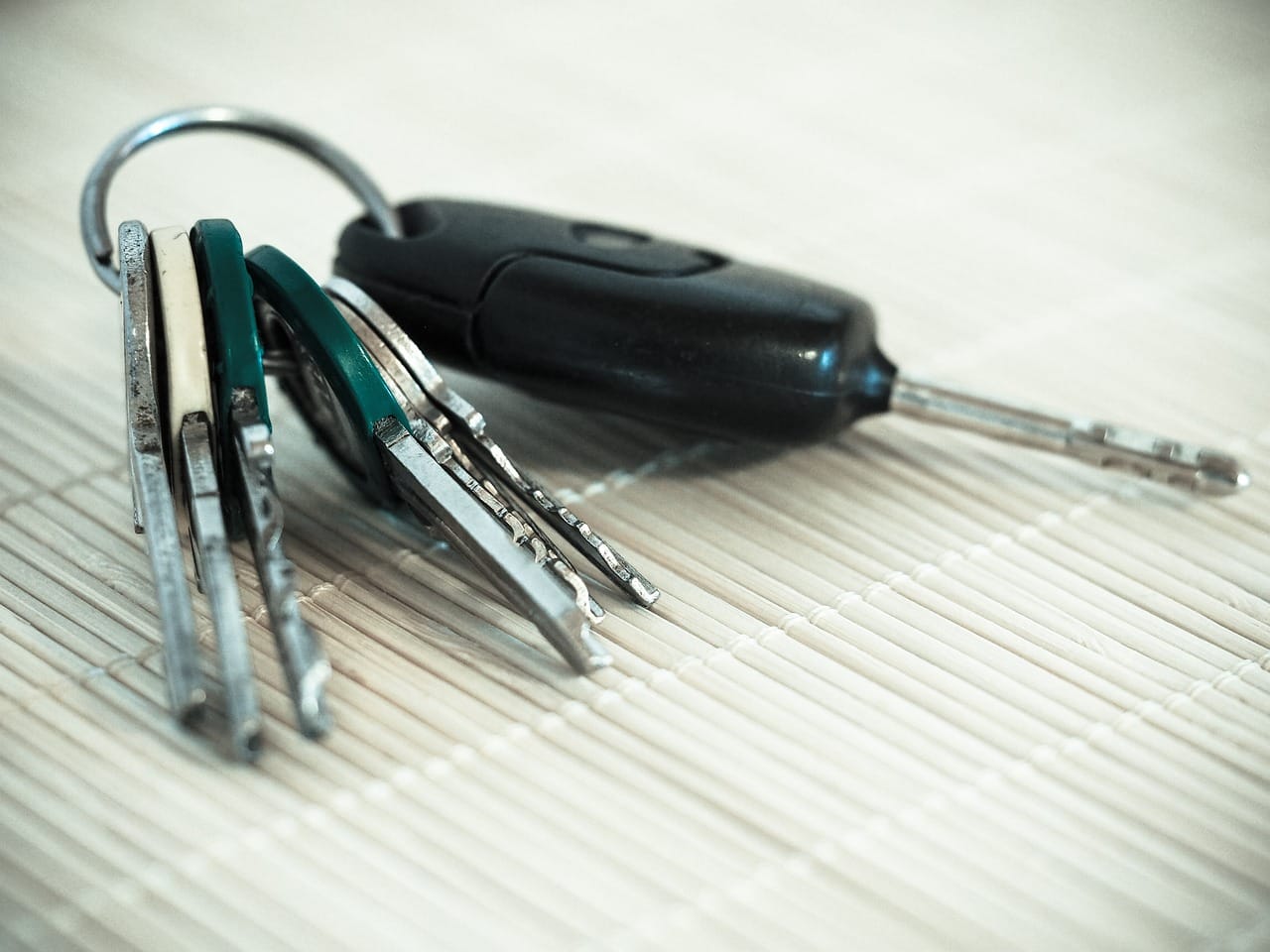Cycling is a popular and enjoyable way to stay fit, commute, or simply explore the world on two wheels. However, like any physical activity, it comes with its own set of risks. One of the most concerning risks associated with cycling accidents is suffering a concussion. In this article, we will delve into the world of cycling accidents and their potential to cause concussions, exploring the trauma and aftermath of such incidents. We will also explore the best steps to take when making a road traffic accident claim.
Can Cycling Cause a Concussion?
Cycling is generally considered a safe and low-impact sport, but it is not immune to accidents that can lead to concussions. A concussion is a type of traumatic brain injury (TBI) caused by a sudden blow to the head or a violent shaking of the head and upper body. While helmets are a crucial safety measure for cyclists, they may not always prevent concussions in every situation.
Cycling accidents can result in concussions due to various factors, including:
Impact with the Ground
One common scenario is when a cyclist falls off their bike and hits their head on the ground. The impact can be significant, especially if the cyclist is travelling at a high speed. Even with a helmet, the force generated during a fall can sometimes be enough to cause a concussion.
Collisions with Objects or Vehicles
Another way a cyclist can suffer a concussion is by colliding with objects or vehicles. In urban areas, cyclists share the road with cars, trucks, and pedestrians, increasing the likelihood of accidents. A collision with a vehicle or a stationary object can lead to head injuries, including concussions.
Uneven Terrain
Cycling routes often include various terrains, from smooth pavements to bumpy trails. Riding over uneven surfaces can result in a loss of balance and sudden falls. If the cyclist’s head makes contact with the ground or a hard object during such a fall, a concussion can occur.
The Trauma After a Bicycle Accident
Surviving a cycling accident and suffering a concussion can be a physically and emotionally traumatic experience. The aftermath of such an incident can have a profound impact on the individual, affecting their physical well-being, mental health, and daily life.
Physical Injuries
A concussion is just one of the potential injuries that can result from a cycling accident. Depending on the severity of the accident, cyclists may also sustain broken bones, abrasions, or internal injuries. These physical injuries can lead to pain, discomfort, and temporary or permanent disability.
Cognitive Impairment
Concussions can cause cognitive impairment, which includes symptoms like confusion, memory problems, and difficulty concentrating. This cognitive fog can make it challenging for individuals to perform everyday tasks, work, or engage in recreational activities.
Emotional Distress
The emotional impact of a cycling accident should not be underestimated. Survivors may experience a range of emotions, including fear, anxiety, depression, and even post-traumatic stress disorder (PTSD). The psychological toll of the accident can be long-lasting and may require therapy or counselling to address.
Financial Burden
Medical expenses, rehabilitation costs, and lost wages due to time off work can create a significant financial burden for those who have suffered a concussion in a cycling accident. This financial strain can add to the overall stress of the situation.
Seeking Medical Attention
It’s crucial to seek immediate medical attention after a cycling accident, especially if a concussion is suspected. Even if there are no visible signs of head trauma, the effects of a concussion can be subtle and may not manifest until hours or even days after the accident.
A healthcare professional will perform a thorough evaluation, which may include neurological tests, imaging studies, and a review of the individual’s symptoms and medical history. Diagnosing a concussion accurately is essential for determining the appropriate treatment plan.
Treatment and Recovery
The treatment and recovery process for a concussion often involves rest and symptom management. Here are some key aspects of concussion recovery:
Rest
Rest is paramount in the early stages of recovery. This includes both physical and cognitive rest. Individuals are advised to avoid activities that could exacerbate symptoms, such as strenuous exercise, heavy screen time, and mentally taxing tasks.
Symptom Management
Managing concussion symptoms is a critical part of the recovery process. Over-the-counter pain relievers may be recommended for headaches, but individuals should avoid medications that thin the blood, as they can increase the risk of bleeding in the brain.
Gradual Return to Activity
As symptoms improve, a gradual return to physical and cognitive activities may be recommended. This process is closely monitored by medical professionals to ensure that it does not worsen symptoms.
Follow-up Care
Regular follow-up appointments with a healthcare provider are essential to monitor progress and address any lingering symptoms. In some cases, individuals may require specialised concussion clinics or rehabilitation programs.
Long-Term Effects and Complications
While many individuals recover fully from a concussion, some may experience long-term effects and complications. It’s important to be aware of these potential outcomes:
Post-Concussion Syndrome
Post-concussion syndrome (PCS) refers to the persistence of concussion symptoms beyond the expected recovery period. Symptoms of PCS can include headaches, dizziness, fatigue, and cognitive difficulties. This condition can significantly impact a person’s quality of life and may require ongoing treatment.
Second Impact Syndrome
Suffering a second concussion before fully recovering from the first, known as second impact syndrome, can lead to severe and potentially life-threatening brain injury. It underscores the importance of proper concussion management and rest.
Cognitive and Emotional Issues
In some cases, individuals may experience lasting cognitive and emotional issues, such as difficulty concentrating, mood swings, and memory problems. These issues can affect relationships, work, and daily functioning.
Risk of Future Concussions
Once an individual has suffered a concussion, they may be at a higher risk of experiencing another concussion in the future, even with milder impacts. This highlights the importance of preventive measures, such as consistently wearing a helmet and practising safe cycling habits.
Making a Road Traffic Accident Claim with National Claims
In the unfortunate event that you’ve suffered a concussion from a cycling accident, it’s essential to understand your rights and options for compensation. National Claims is here to assist you in navigating the often complex process of filing a claim and seeking the support you deserve.
Understanding the Process
Filing a road traffic accident claim can seem daunting, especially when dealing with the aftermath of a concussion. National Claims specialises in helping individuals like you through this challenging period. Here’s a step-by-step guide to help you understand the claims process:
Consultation
The first step is to reach out to National Claims for a consultation. During this initial conversation, we’ll gather information about your accident, injuries, and the circumstances surrounding the incident. This consultation is free of charge and carries no obligation.
Evaluation
After the consultation, our team of specialists will evaluate the details of your case. We’ll determine whether you have a viable claim and assess its potential value. This evaluation is essential in establishing the foundation for your claim.
Gathering Evidence
To build a strong case, it’s crucial to gather evidence related to your accident and injuries. This may include medical records, photographs of the accident scene, witness statements, and any other pertinent documentation.

Conclusion
Suffering a concussion from a cycling accident is a traumatic experience, but you don’t have to face the aftermath alone. National Claims is here to support you throughout the process of making a road traffic accident claim. Our team of dedicated professionals is ready to guide you every step of the way, from the initial consultation to the resolution of your claim.
Remember, your well-being and recovery are our top priorities. With National Claims by your side, you can focus on healing while we handle the legal and financial aspects of your case. Don’t hesitate to reach out for a free consultation and take the first step towards the compensation you deserve.
Cycling accidents can be life-altering, but you have the power to take control of your situation and seek justice. National Claims is here to ensure that your voice is heard and your rights are protected. We’re with you on your journey to recovery and justice.
Contact us now to start your claim with one of our helpful claims specialists today.
Click below to see why we are one of the most trusted claims management companies in the UK.

We’re proud of our excellent customer reviews
We thrive on delivering exceptional service and ensuring our clients’ satisfaction. Don’t just take our word for it. Check out some of our independent reviews to see what our clients have to say.
Excellent

This firm is excellent, they sorted out my car pay out and injury claim very fast, they always communicate with you all the time.

My accident case was dealt with confidence and with great result of the outcome, especially James kept me informed all the time.

I was very impressed at the way my inquiry was treated. I was listened to attentively and everything I needed to know was explained to me.






